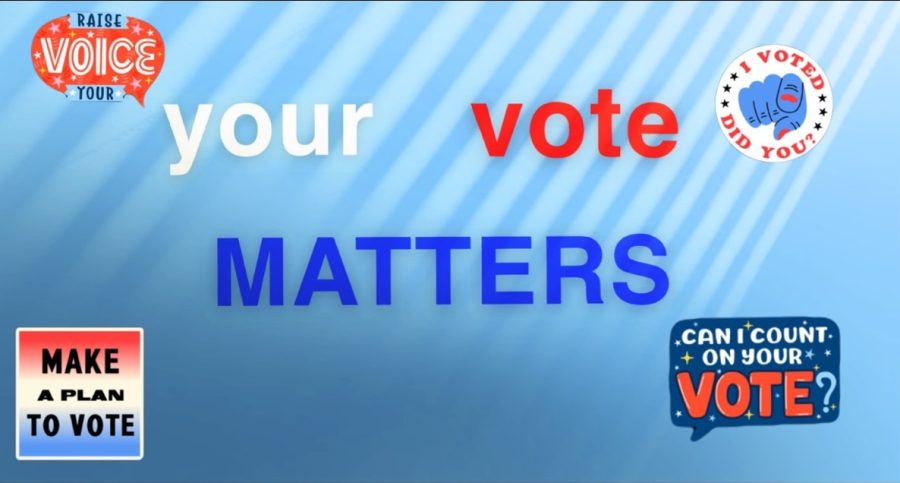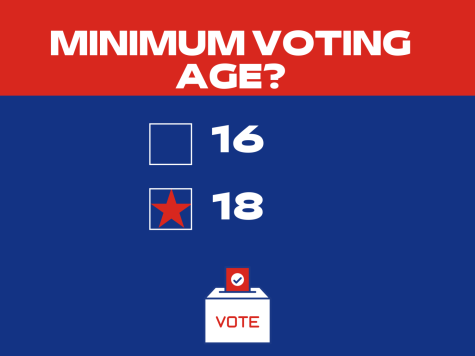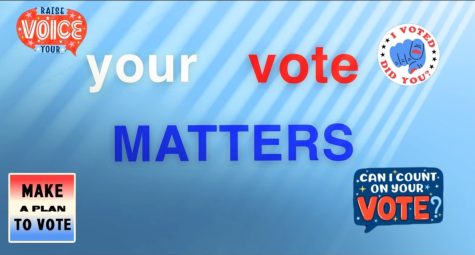Miracles of lowering the voting age to 16
Allowing 16-year-olds the right to vote changes the world for the better. Voter turnout increases and older teens obtain real-world experience of voting for who they think benefits them the most. Teenagers can feel more self-assured as they transition to adulthood and obtain an understanding of making decisions.
The brain does not fully mature until age 25 Society gives teenagers at age 16 various opportunities such as driving a car, registering as a blood donor, joining the army and even pursuing marriage with parental consent. One thing on this list that must become a part of it: obtaining the right to vote. Laws passed through legislation do not only affect the adult population, it affects teens as well. Laws regarding college admissions, joining the military and school board representatives all affect teens.
Society must make voting a habit among its citizens. 35% of the population will not vote in their lifetime. On average, people of color (POC) and minorities do not reach as big of a voter turnout compared to white populations. In 2018, 67% of the caucasian population voted compared to the 13% of African Americans and Hispanics, 4% of Asians and 3% of other minorities. Therefore, lowering the voting age will increase voter turnout by allowing minorities to vote earlier in life.
Numerous habits people bring to adulthood come from their childhood. For example, a mother teaches her child to pray over their food before they eat it. That child will most likely take that habit with them into their adult life.
“The voting age should be lowered to give the new generation more of a voice. I do feel like if the voting age was lowered, it will change how many people vote because not only will this allow two age groups to be included, but also the people who don’t agree with this and don’t vote will begin to vote to try and balance out the votes. You are just as mature at 16 as 18, so if 18-year-olds can vote they should lower the voting age to 16,” sophomore Caylin Dyal said.
The world treats 16 and17-year-olds as adults in various other instances. Teenagers age 16 possess no laws protecting them in the workplace, besides a potential injury. Plenty of states in America obtain child labor laws for teenagers aged 14 and 15. They can only work a certain amount of hours a week and cannot use sharp utensils such as a knife. However, once that working teenager turns 16, the labor laws go away. Teens pay taxes on their income just as adults do. Courts can also try 16-year-olds as adults for their crimes. If society wants to give adult responsibilities to older teenagers, why not allow them to vote too?
“I think the voting age should be pushed back to 16 years old. Older teenagers, like 16-18-year-olds, are more mature and developed in their world views. Furthermore, the older youth will be allowed a chance to have their voices heard on local, state, and national levels. The youth are our future. As long as we don’t do anything as drastic like lowering the age to preteens or even younger teenagers (14-15 years old), then the voting age should be lowered to 16,” sophomore Samuel White said.
In 1971, the United States constitution lowered the voting age from 21 to 18 for federal elections. Since 2018, lawmakers proposed ideas that would allow older teens the ability to vote. In Nicaragua, Scotland, Isle of Man, Guernsey, Ethiopia, Ecuador, Cuba, Brazil, and Austria teenagers can vote prior to turning 17. In other countries, such as Bosnia and Herzegovina older teenagers can vote as long as they obtain a job and good grades.
Unfortunately, plenty of people will not experience voting in their teenage years. Major elections may not occur when they are at least 18; therefore, they must wait until their twenties to vote for the very first time. Lowering the voting age by two years allows teenagers to vote at least twice before they reach adulthood.
While various positive effects come out of allowing teens the ability to vote, people may argue that teens do not acquire enough knowledge to vote and will just follow the trends of their friends and family. However, they do not take into account that most teens will take some form of government or history class in high school. The academic standards embedded by the state educate teenagers on how the process of voting works and the branches of the government. Teenagers desire the right to vote because of the civil liberties and conflicts surrounding them occurring in the world. Birth control, driving, wages, healthcare, leaving home and school, gambling, phones, social media and tattoos all should involve the opinion of teenagers.
The benefits of allowing teens the right to vote include allowing them to gain experience before their adulthood, more knowledge of how voting works in the real world and they obtain a sense of belonging in the world they live in. Society does not need to jump to allowing teens the right to vote in presidential elections. Voting for school board representatives, local mayors and smaller local laws will provide teenagers an introduction to voting.
Society should not expect teenagers to behave like adults. Nonetheless, allowing teenagers the right to vote will allow them to grow, learn and live a more prosperous adult life, knowing they obtain an understanding of how the government works and feel more confident in their decision-making skills.


